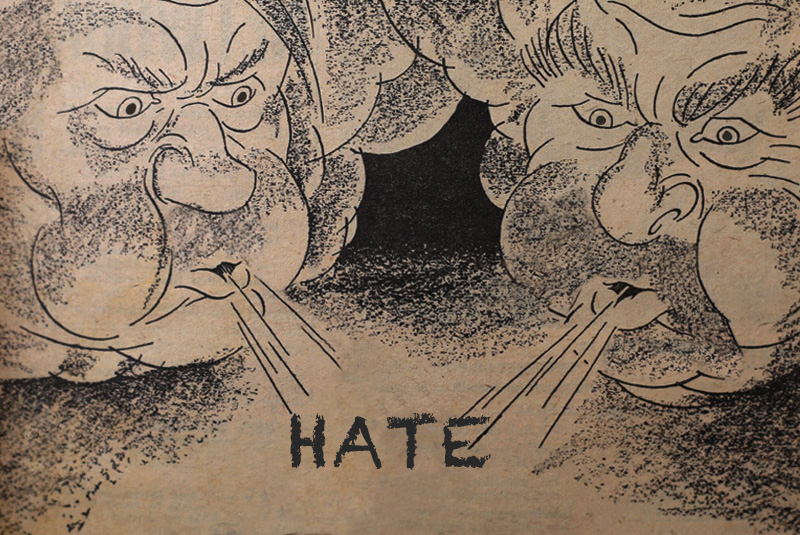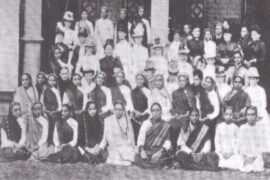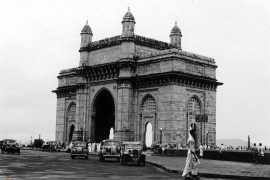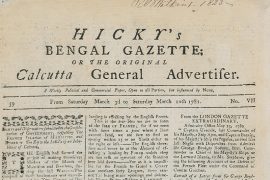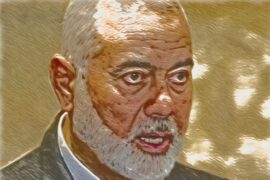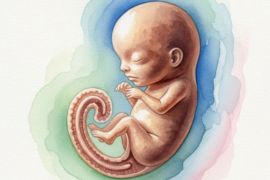In politics, greed wears the mask of morality. Theories predict and explain a phenomenon, relying on examining trends, patterns and correlations. Psephology is one such domain which deals with understanding and analysing the behaviour of the electorate.
The abysmal performance of the BJP in the recent Delhi elections and the existential crisis for the Indian National Congress, the so-called grand old party, throws up many research questions in the political amphitheatre.
In the 2014 Lok Sabha elections, the BJP rose to power on the promise of a ‘Gujarat model of governance.’ However, in the 2019 Lok Sabha elections, the BJP won seats by polarising the electorate.
Similarly, in the recent Delhi Assembly elections, the AAP won a landslide victory amidst a highly polarised political atmosphere. The AAP’s victory, which occurred when the spectre of communalism, Hindutva terror and jingoistic nationalism looms large, is a first step towards rupturing majoritarian politics. It’s a victory that beckons hope and optimism.
-30-
Copyright©Madras Courier, All Rights Reserved. You may share using our article tools. Please don't cut articles from madrascourier.com and redistribute by email, post to the web, mobile phone or social media.Please send in your feed back and comments to [email protected]

